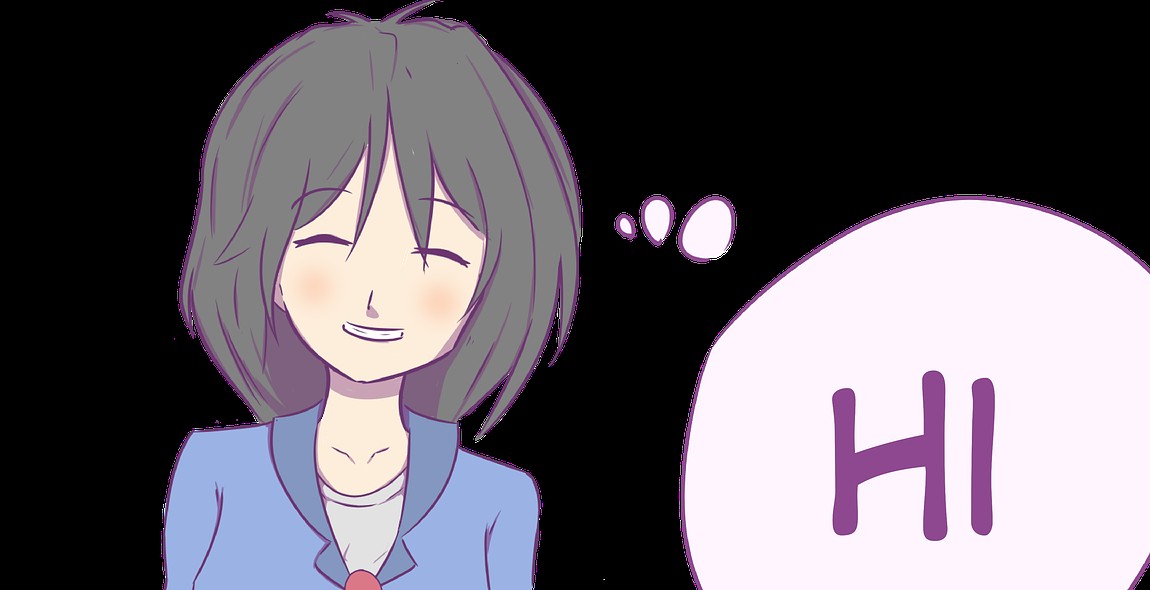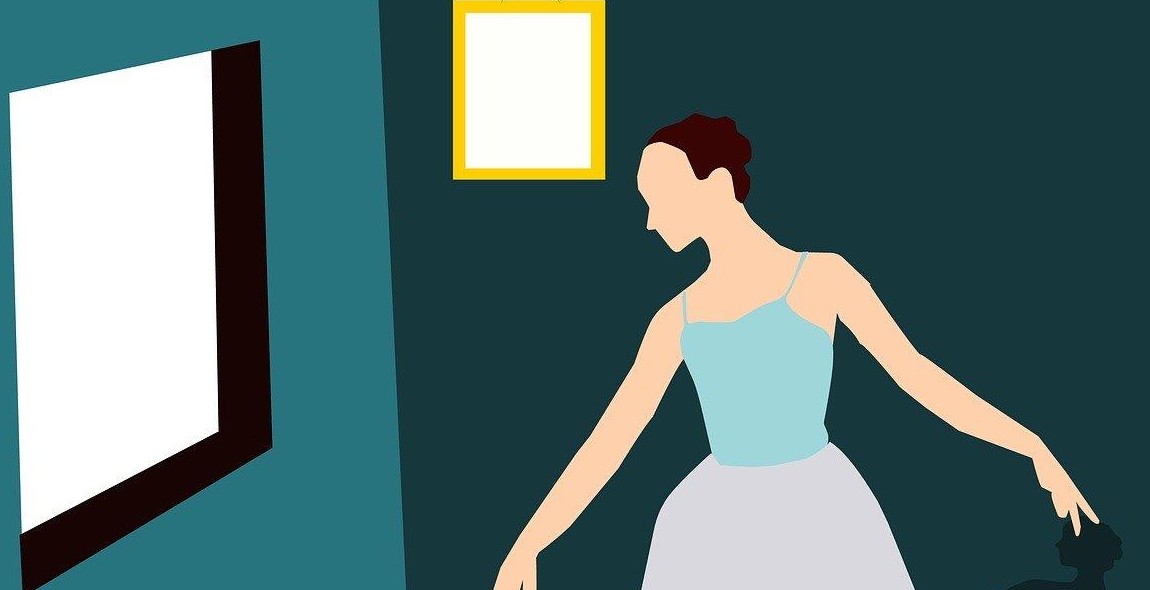First Crushes: Understanding and Navigating Your Feelings as a Teen
As a professional writer and content creator, I have always been fascinated by the intricacies of human relationships. Specifically, the topic of first crushes among teenagers has always intrigued me. Having been a teenager myself not too long ago, I understand the ups and downs of navigating the confusing and often overwhelming world of emotions that come with having a crush.
Through my experience and extensive research in love and relationships psychology, I have come to understand that first crushes are a normal and natural part of adolescent development. However, they can also be a source of anxiety, confusion, and even heartbreak for many teenagers.
In this article, I will delve into the various aspects of first crushes, including what they are, why they happen, and how to navigate them in a healthy and positive way. By the end of this article, you will have a better understanding of your own feelings and be equipped with practical tips for managing your emotions during this exciting but challenging time in your life.
What is a Crush?
A crush is a strong and often intense attraction towards someone, usually someone who is not a close friend or family member. It is a feeling of infatuation that can be romantic or platonic in nature. When you have a crush on someone, you may feel butterflies in your stomach, your heart may race, and you may find yourself constantly thinking about that person.
Crushes are a normal part of growing up and can be experienced by people of all ages. However, they are particularly common among teenagers who are exploring their feelings and emotions for the first time.
Different Types of Crushes
There are different types of crushes that people can experience. Some of the most common types include:
- Physical Crush: This is when you are attracted to someone based on their physical appearance. It could be their looks, body type, or the way they carry themselves.
- Emotional Crush: This is when you are attracted to someone based on their personality, character, or the way they make you feel. You may find yourself drawn to their sense of humor, kindness, or intelligence.
- Celebrity Crush: This is when you are attracted to a famous person, such as a musician, actor, or athlete. You may feel like you know them intimately through their work and may even fantasize about meeting them.
- Friend Crush: This is when you are attracted to a friend, usually of the same gender, in a non-romantic way. You may admire their qualities and enjoy spending time with them.
It is important to note that crushes do not always lead to romantic relationships. Sometimes, they are just a passing phase, and other times, they can develop into deep and meaningful connections.
| Pros | Cons |
|---|---|
| Crushes can help you explore your feelings and emotions. | They can also be distracting and affect your daily life. |
| Crushes can boost your confidence and self-esteem. | They can also lead to disappointment and heartbreak. |
| Crushes can be a source of inspiration and motivation. | They can also be a source of anxiety and stress. |
Regardless of the type of crush you have, it is important to understand and navigate your feelings in a healthy way. This includes setting boundaries, managing your expectations, and communicating effectively with the person you have a crush on.
The Psychology of Crushes
As a love and relationships psychology guru, I have seen firsthand the impact of crushes on individuals, especially teenagers. Crushes are a normal part of growing up and exploring one’s sexuality and emotions. However, understanding the psychology behind crushes can help individuals navigate their feelings and make healthy decisions.
Understanding Your Emotions
Crushes often involve intense emotions such as infatuation, excitement, and nervousness. It’s important to recognize and understand these emotions as they can be overwhelming and confusing. One way to do this is by journaling or talking to a trusted friend or family member about your feelings.
It’s also important to acknowledge that crushes can be one-sided and not always reciprocated. This can lead to feelings of rejection and disappointment. It’s important to remember that rejection is not a reflection of your worth as a person and that it’s okay to feel sad or disappointed.
The Role of Hormones
During adolescence, hormones play a significant role in the development of crushes and romantic feelings. The surge of hormones such as testosterone and estrogen can lead to heightened emotions and an increased desire for intimacy and connection.
It’s important to recognize the role of hormones in crushes and to not let them dictate one’s actions or decisions. It’s important to take time to reflect on one’s values and priorities and to make decisions based on what feels right, rather than solely on hormones.
The Power of Projection
Crushes often involve projection, which is when we project our own desires and fantasies onto another person. This can lead to idealizing the person and overlooking their flaws or negative traits.
It’s important to recognize when projection is occurring and to take a step back to evaluate the situation objectively. It’s also important to communicate openly and honestly with the person, rather than projecting our own desires onto them.
- Recognize and understand your emotions
- Acknowledge that rejection is not a reflection of your worth
- Reflect on your values and priorities
- Avoid letting hormones dictate your actions or decisions
- Recognize when projection is occurring
- Communicate openly and honestly with the person
| Pros | Cons |
|---|---|
| Exploring one’s emotions and sexuality | Can lead to one-sided feelings and rejection |
| Opportunity for personal growth and reflection | Can be overwhelming and confusing |
| Can lead to meaningful connections and relationships | Can be influenced by hormones and projection |

Navigating Your Feelings
First crushes can be a rollercoaster of emotions. It’s important to understand and navigate your feelings in a healthy way. Here are some tips:
Dealing with Rejection
Rejection is a part of life, and it’s okay to feel disappointed or sad when your crush doesn’t feel the same way. It’s important to remember that rejection doesn’t define your worth as a person. Give yourself time to process your emotions and talk to a trusted friend or family member. Don’t be afraid to seek professional help if you’re struggling to cope.
Managing Your Expectations
It’s easy to get caught up in the excitement of having a crush, but it’s important to manage your expectations. Don’t put too much pressure on yourself or your crush. Remember that relationships take time to develop and it’s okay to take things slow. Focus on building a strong friendship first and let things naturally progress.
Communicating Your Feelings
Communication is key in any relationship, and it’s important to be honest with your crush about your feelings. However, it’s also important to respect their boundaries and feelings. If they don’t feel the same way, don’t try to pressure or guilt them into changing their mind. Instead, focus on maintaining a positive and respectful friendship.
- Remember that rejection doesn’t define your worth as a person
- Give yourself time to process your emotions
- Don’t be afraid to seek professional help if you’re struggling to cope
- Don’t put too much pressure on yourself or your crush
- Focus on building a strong friendship first
- Be honest with your crush about your feelings
- Respect their boundaries and feelings
- Don’t pressure or guilt them into changing their mind
Remember that navigating your feelings can be challenging, but it’s important to prioritize your mental health and well-being. Take things one day at a time, and don’t be afraid to reach out for support when you need it.

Moving On: The Key to Emotional Growth
As a love and relationships psychology guru, I know that moving on from your first crush may seem impossible, but it’s a crucial step towards emotional growth. It’s normal to feel heartbroken and lost after a breakup, but the key to healing is closure.
The Importance of Closure
Closure means finding a resolution to the end of a relationship. It allows you to accept what happened and move forward. Without closure, you may find yourself stuck in the past, unable to let go of your feelings for your first crush. It’s important to understand that closure doesn’t necessarily mean getting back together or receiving an apology. Sometimes closure comes from within, as you come to terms with the end of the relationship on your own.
Learning from Your Experience
While it may be difficult to see it at first, every relationship, even a first crush, teaches you something about yourself and what you want in a partner. Take some time to reflect on what you learned from your experience. Did you discover any deal-breakers or red flags? Did you learn what qualities you value in a partner? Use this knowledge to help guide you in future relationships.
Opening Yourself Up to New Possibilities
Once you’ve found closure and learned from your experience, it’s time to open yourself up to new possibilities. This doesn’t necessarily mean jumping into a new relationship right away, but rather focusing on yourself and your own growth. Take up a new hobby, spend time with friends, or try something new that you’ve always wanted to do. By focusing on yourself, you’ll attract positive energy and new opportunities into your life.
- Remember, moving on is not a sign of weakness, but a sign of strength.
- Take your time, be patient with yourself, and trust that you will heal in time.
- Most importantly, always remember that you are worthy of love and happiness.
